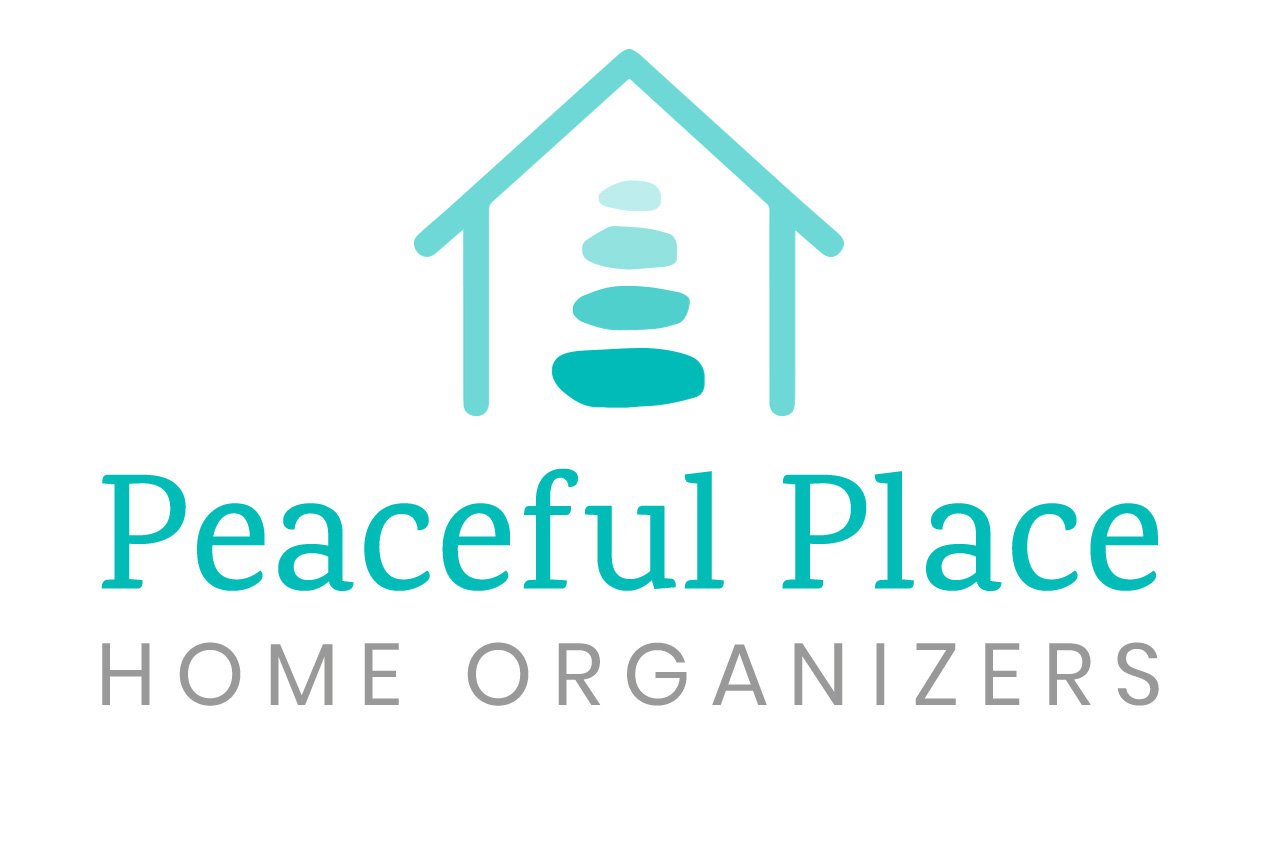Here’s how to flip the mental script:
Replace an “I should” thought with an “I don’t need to” thought.
Instead of thinking: I should recycle these (impossible to recycle) items, they can try thinking: I'm going to throw these items away. I don’t need to recycle them.
Read moreWhen you’re making decluttering decisions, one of your IRD (Inner Reluctant Discarder)’s favorite thought weapons is:
”But what if I need this one day?”
Read more98% of the time, the root of disorganization is having too many things for the space. Most of these things we don’t need, use, or love - in other words, they are clutter.
And the root of clutter is thought patterns which work against our desire to declutter, personified by what I call our Inner Reluctant Discarder - (IRD). Our IRD has an Olympic gold medal in the biathlon event known as Overthinking and Overcomplicating Things Which Are Simple and Easy.
Read moreFor many of our clients, a major obstacle to decluttering is the What Ifs: What if I need this next year? What if I am suddenly unable to afford socks ? Another way to refer to the problem is that they have a squatter living in their house - a tenant who pays no rent, and his name is Justin Case.
Why is it that some people are able to donate their 3rd potato masher without a second thought, and others seem be in a chokehold by Justin Case?
Read moreUnder the words are feelings of low self-worth, guilt and shame.
I don’t deserve to have an organized house because these other people and their things are more important than me.
What my mother told me about her stuff when she was alive is more important than me living my best life now.
I am not worthy of getting help to fix my house because I should be able to do it myself.
Read moreTo leave the stone behind or to throw it off the mountain will cause you some uncomfortable feelings in your heart and stomach for about an hour. Maybe even some tears. And then the worst feelings will end. And the next day, they will be mostly gone.
Read more
